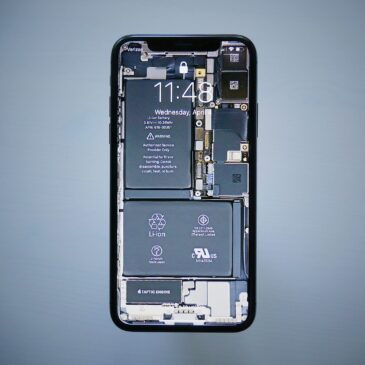Non-replaceable batteries are bad news for the environment and consumers
Writen by Chloé Mikolajczak – Campaigner, Right to Repair Europe Most batteries cannot be easily removed, replaced or repaired, resulting in shorter device lifetimes. Planning to buy a smartphone, an e-bike or any other product that includes a rechargeable battery for Christmas? This new research, carried out by the Right to Repair campaign in collaboration with the EEB and the University of Lund shows that most batteries in today’s products … Read More


